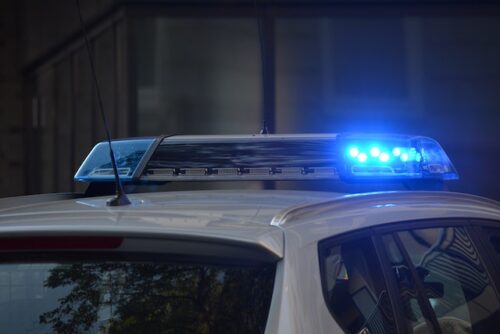
People driving under the influence (DUI) can create perilous situations for other drivers. In an effort to crack down on drunk driving, law enforcement will occasionally set up sobriety checkpoints to try to catch more intoxicated drivers. These types of stops can be relatively simple, requiring not much from you other than to come to a stop, answer the police officer’s questions, and then be on your way. However, they are not always this routine, and can result in situations where the law can be ambiguous regarding your rights. While DUI checkpoints may be constitutional, what you and an officer can and cannot do can be open for interpretation. Arrests made at these checkpoints can often be challenged in court due to the inconclusive nature of both your rights and valid conduct for officers under those circumstances. If you have recently been charged at a sobriety checkpoint, please contact a Chesterfield criminal defense lawyer at The Cockrell Law Firm, P.C. for a free consultation.
What can I do when I am stopped at a sobriety checkpoint?
It is important to understand that, unlike other situations where law enforcement can pull you over due to probable cause, sobriety checkpoints do not fall under this category. If a police officer pulls you over under normal circumstances, you absolutely must oblige or risk severe legal consequences. However, that is not necessarily the case with DUI checkpoints. If you reach a checkpoint, then you must come to a stop, but that does not mean you cannot avoid it beforehand.
Drivers who see one far enough in advance have no legal obligation to continue approaching it if they do not wish to. That said, this does not mean that you should make a sudden U-turn or immediately turn to another street right as you are about to approach it. While this may not be illegal, it can arouse suspicion which could potentially give an officer probable cause to pull you over.
Once you come to a stop at a sobriety checkpoint, you do not have the right to completely ignore any questions law enforcement may ask of you. Police officers also are under no obligation to state your Miranda rights before questioning you. Since Miranda rights are only applicable to people who are detained, anyone who is stopped at a checkpoint would not be afforded the same protections. While you do not have to answer any questions in a manner that may incriminate you, this could also result in an officer subjecting you to a breathalyzer or field sobriety tests. You do not have to volunteer or participate in them, but if an arrest is made, you will be required to take some form of a chemical test if an officer requests it.